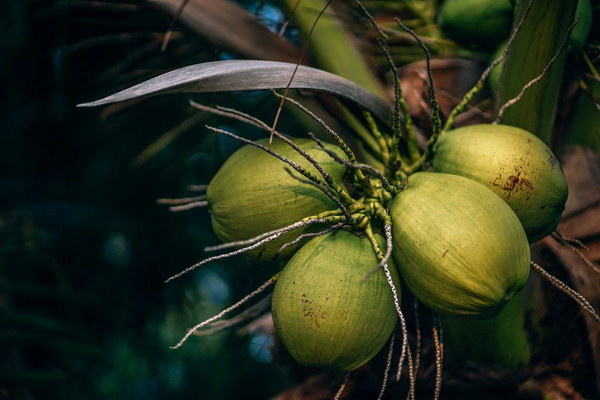Has the Grain Subsidy in Liaoning Province Been Distributed
In recent years, the grain subsidy policy has been a major concern for farmers in Liaoning Province, China. As a significant measure to boost agricultural production and ensure food security, the government has been implementing various subsidies to support the farming community. However, many farmers have been eagerly awaiting the distribution of the grain subsidy, as it plays a vital role in their livelihood. In this article, we will explore whether the grain subsidy in Liaoning Province has been distributed and discuss its importance to the local farming community.
The grain subsidy program is designed to provide financial support to farmers for the production of staple crops, such as rice, wheat, corn, and soybeans. This assistance is intended to help farmers cover their production costs, increase their income, and encourage them to continue cultivating these crops. In Liaoning Province, the government has been actively implementing this program, but many farmers have been questioning whether the subsidy has been distributed as promised.
According to the local government, the grain subsidy has been successfully distributed to eligible farmers. However, there have been reports of delays and inconsistencies in the distribution process. Some farmers claim that they have not yet received their subsidy payments, while others have received partial payments. This discrepancy has raised concerns about the effectiveness and transparency of the subsidy program.

Several factors may contribute to the delays and inconsistencies in the distribution of the grain subsidy. One of the primary reasons is the complex process involved in verifying the eligibility of farmers. The government requires farmers to submit various documents, including land tenure certificates, crop production records, and personal identification cards. The verification process can be time-consuming and prone to errors, leading to delays in the distribution of the subsidy.
Another factor is the limited resources and personnel available for implementing the subsidy program. The government may face challenges in coordinating with local governments and ensuring that the subsidy reaches the intended recipients. Moreover, the lack of clear guidelines and procedures can also contribute to the confusion and delays in the distribution process.
Despite these challenges, the grain subsidy remains an essential tool for supporting the farming community in Liaoning Province. By providing financial assistance, the subsidy helps farmers maintain their livelihood and encourages them to continue cultivating staple crops. This, in turn, contributes to the stability of the food supply and ensures food security for the region.
The importance of the grain subsidy cannot be overstated. It helps farmers cover their production costs, which can be significantly high, especially during adverse weather conditions. The subsidy also helps farmers invest in better agricultural technologies and practices, which can improve crop yields and quality. Furthermore, the subsidy serves as an incentive for young people to engage in farming, ensuring the continuity of the agricultural sector.
In order to ensure the effective and transparent distribution of the grain subsidy, the government needs to address the existing challenges. One of the key measures is to streamline the verification process and simplify the required documents. The government can also invest in more resources and personnel to facilitate the distribution process.
Additionally, it is crucial for the government to establish a clear and transparent system for monitoring and evaluating the subsidy program. Regular audits and inspections can help identify and rectify any irregularities or delays in the distribution process. Furthermore, the government should provide timely information to farmers regarding the status of their subsidy payments, ensuring transparency and accountability.
In conclusion, while there have been delays and inconsistencies in the distribution of the grain subsidy in Liaoning Province, the program remains an essential tool for supporting the farming community. The government needs to address the existing challenges and improve the transparency and effectiveness of the subsidy program to ensure that the intended benefits reach the farmers who need them the most. By doing so, the government can contribute to the stability of the food supply, promote agricultural development, and ensure food security for the region.









